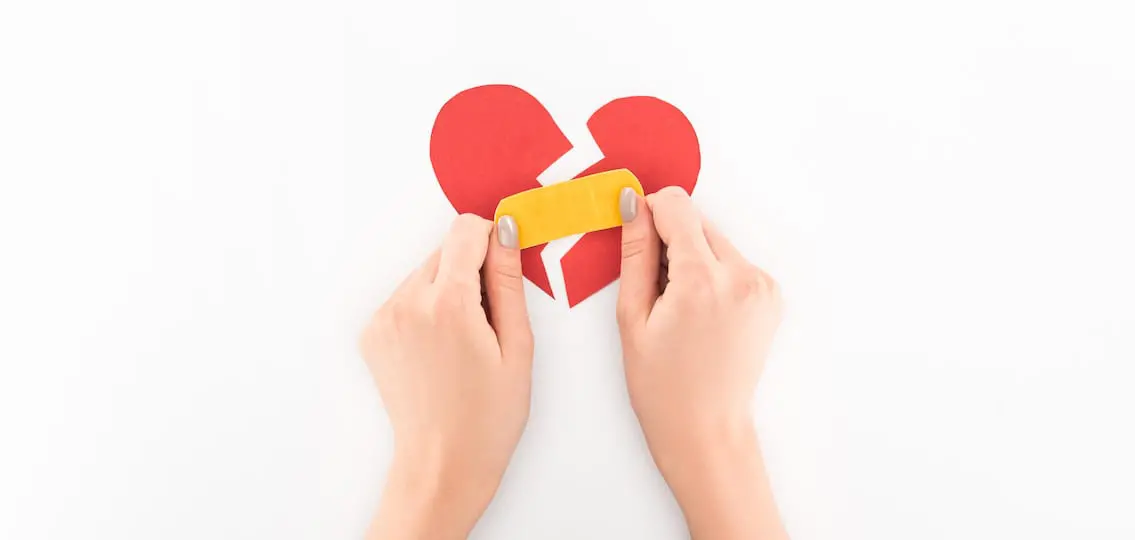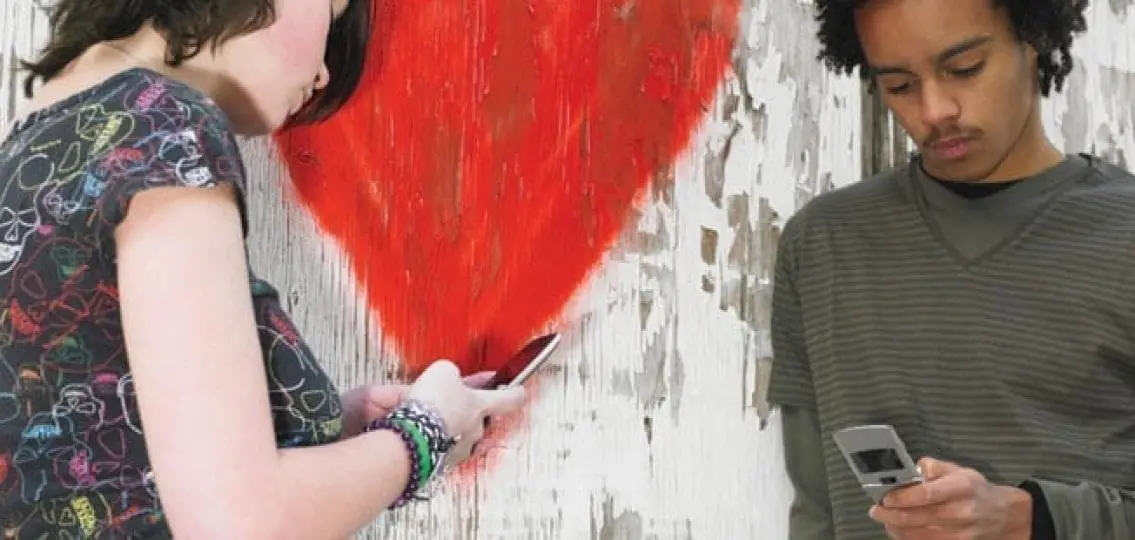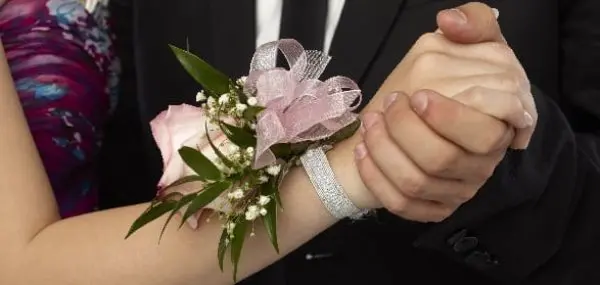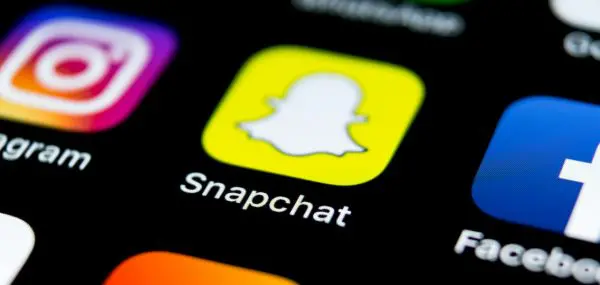In the good old days, a guy asked a girl to go steady and she wore his letterman jacket. When they broke up, she gave it back. But now, thanks to Facebook, Snapchat, Instagram and other social media, it’s a different game with different rules.

Teens are breaking up via Instagram. @cjkarl11 posted side-by-side photos—one with his girlfriend and one without—and added the trendy hashtag, #TransformationTuesday. That’s how he let his girlfriend know he was done with the relationship.
Social media creates an alternate world where teens don’t interact face-to-face. From behind the comfort of their screen, they’ll say things they wouldn’t have the courage to say out loud and in person. On the one hand, it can be a confidence booster. On the other hand, it can also remove a much-needed filter. Social media encourages people to post without thinking, which can have huge implications.
“Teens growing up in the digital culture tend to suffer an empathy deficit because their communication is often devoid of non-verbal communication,” says JC Shakespeare, a licensed professional counselor in Austin, Texas.
“Ending a relationship is much easier when you do it through changing a Facebook status or sending a text,” he says. “It’s much easier to ignore the feelings of a romantic partner when the other person is absent from the conversation. This is not the best way to break up.”
Teens become detached when they are using social media. They are more likely to say things that they wouldn’t have the gall to say in real life. For shyer teens, this can sometimes be a good thing. Social media can make it easier to approach peers. But, it can also mean that teens are more likely to say something inappropriate, insulting, or hurtful.
“There is a certain amount of disinhibition that takes place online. The faceless nature of online communications encourages people to say or do things that they would not do in real life,” says Diana Graber, author of Raising Humans in a Digital World: Helping Kids Build a Healthy Relationship with Technology and founder of Cyberwise.
4 Digital Etiquette Reminders for Teens (and Grownups):
1. Screen time should not replace face to face time.
“It’s all about balance,” Graber explains. “Social media is a great vehicle to use to connect with people you already know in real life. Bit it’s not so smart to make new friends online. Additionally, it’s important to put down the mobile device and forge in-person relationships.”
2. It’s hard to convey tone with emoticons.
Communicating on social media, or even via text message, can lead to misunderstandings, especially when it comes to tone. A smiley face emoticon doesn’t necessarily mean that the preceding sentence is taken as a joke.
“When things get out of hand or over-dramatized online, it’s time to talk face-to-face,” Graber advises.
3. The same rules of decency apply on social media.
Convey the message that real-life values and morals apply online, as well. This obviously goes beyond romantic relationships into all personal relationships. Make sure your teen realizes that a tweet can have the same impact as a spoken sentence.
4. Think before you post.
Advise your teens to take a minute or two before posting anything on social media, just to make sure that the thoughts reflect what they really want to say. And, help your teens discern which conversations to have offline—you know, like breaking up with someone.





